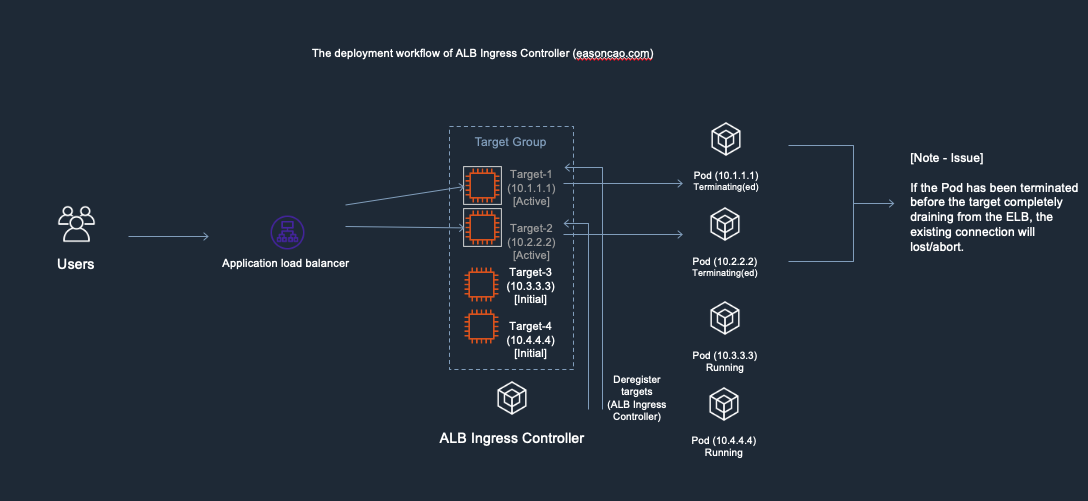Python threading.Thread 錯誤筆記
最近在試著用 Python 寫多線程的程式遇到一點小狀況,範例程式如下:
import time
import threading
from multiprocessing import Queue
def subProgram(queue):
for i in range(10):
queue.put(i)
def main():
queue = Queue()
thread = threading.Thread(target=subProgram, args=(queue))
thread.start()
time.sleep(2)
while not queue.empty():
print queue.get()
main()
看似沒問題的程式碼,執行後卻發生錯誤:
Exception in thread Thread-1:
Traceback (most recent call last):
File "/usr/lib/python2.7/threading.py", line 801, in __bootstrap_inner
self.run()
File "/usr/lib/python2.7/threading.py", line 754, in run
self.__target(*self.__args, **self.__kwargs)
TypeError: subProgram() argument after * must be an iterable, not Queue
在 stackoverflow 找到了類似的問題跟解法:
You need to add , after s sending just s to args=() is trying to unpack a number of arguments instead of sending just that single arguement.
但是因為對 Python 太不熟了,惡補了一下基本語法跟翻了一下手冊,確定 args 是 tuple 的型態
class threading.Thread(group=None, target=None, name=None, args=(), kwargs={}) This constructor should always be called with keyword arguments. Arguments are:
- group should be None; reserved for future extension when a ThreadGroup class is implemented.
- target is the callable object to be invoked by the run() method. Defaults to None, meaning nothing is called.
- name is the thread name. By default, a unique name is constructed of the form “Thread-N” where N is a small decimal number.
- args is the argument tuple for the target invocation. Defaults to ().
- kwargs is a dictionary of keyword arguments for the target invocation. Defaults to {}.
If the subclass overrides the constructor, it must make sure to invoke the base class constructor (Thread.init()) before doing anything else to the thread.
tuple 如果只有單一元素 (element) 的話必須加個,逗號才行,不然就會被解讀成單一物件。
參考以下範例會比較了解:
>>> a = (111,222)
>>> a
(111, 222)
>>>
>>> a = (111, 222)
>>> a
(111, 222)
>>> b = (111)
>>> b
111
>>> c = (111,)
>>> c
(111,)
可以看到 b = (111) 被解讀成 111 了,這並不是預期的狀況,改成 c = (111, ) 就會正常解析成 tuple 型態了。
同理,只要在
thread = threading.Thread(target=subProgram, args=(queue))
args=(queue) 補上 , 符號就解決這項錯誤:
thread = threading.Thread(target=subProgram, args=(queue,))
最後修正的程式如下:
import time
import threading
from multiprocessing import Queue
def subProgram(queue):
for i in range(10):
queue.put(i)
def main():
queue = Queue()
thread = threading.Thread(target=subProgram, args=(queue,))
thread.start()
time.sleep(2)
while not queue.empty():
print queue.get()
main()
Reference:
Share on
Twitter Facebook LinkedInIs that useful? Let me know or buy me a coffee
 一次性支持 (ECPay)
一次性支持 (ECPay)



Leave a comment